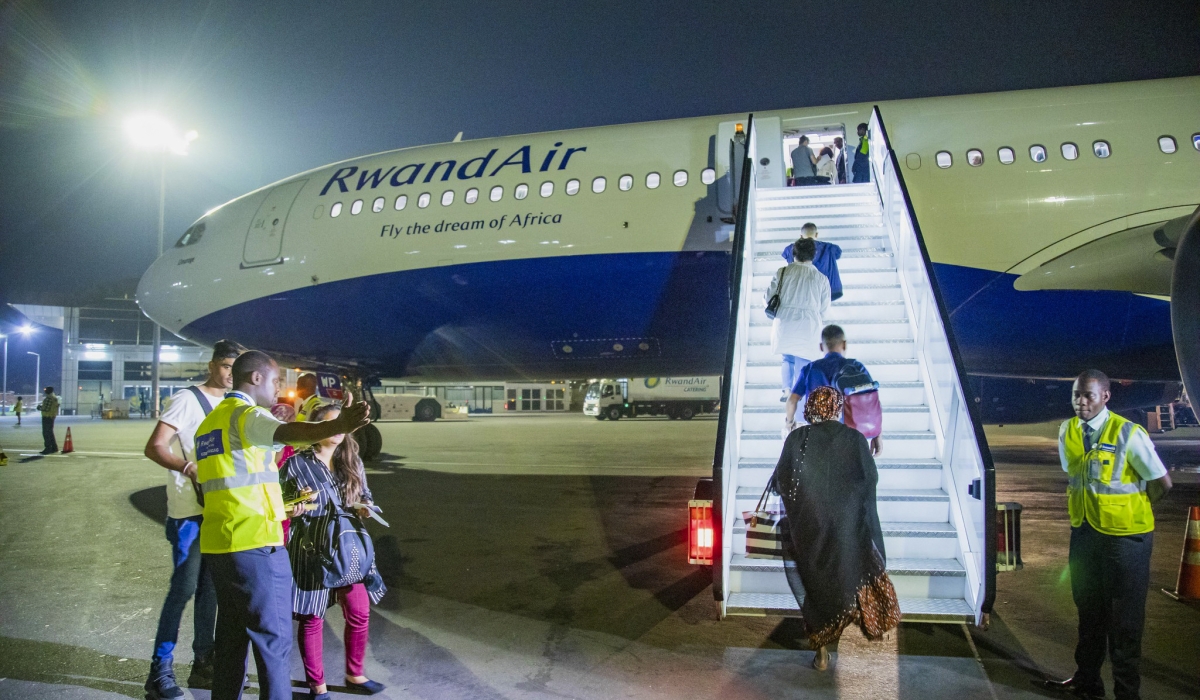
The African Union is taking action to expedite free movement around the continent
A draft “strategy” to expedite the Protocol on Free Trade was finalized by the African Union (AU) on Sunday, April 27.
Movement of Persons: an attempt to facilitate the rights of individuals to move, settle, and establish themselves throughout the continent.
Launched in collaboration with regional economic blocs, the initiative outlines actions to strengthen border infrastructure, standardize visa laws, and coordinate member state migration strategies.
The action might, among other things, address issues that have long impeded labor mobility in Africa, according to AU officials.
At the next AU Summit, the draft plan is anticipated to be presented for adoption.
“As one of the primary mechanisms through which free movement of persons will be realized, the strategy seeks to ensure that regional economic communities (RECs) and Member States popularize and promote the adopted African Passport,” the AU stated in a statement on Sunday.
African leaders described the adoption of the African passport idea as a significant motivator for the Protocol, namely the right of entry, at the 2019 AU Heads of State and Government Summit.
The protocol’s implementation is anticipated to progress via three stages, including the right of admission, right of residency, and right of establishment, according to Minata Samate Cessouma, the AU Commissioner for Political Affairs.
To date, 33 member states have signed the protocol, while Rwanda, Niger, Mali, and Sao Tome and Principe have lodged four ratifications. “The International Organization for Migration (IOM), the International Civil Aviation Organization (ICAO), Regional Economic Communities (RECs), and Member States collaborated to develop the technical specifications of the African Passport,” the AU statement states.
In 2018, Rwanda implemented a policy requiring all citizens to obtain a visa upon arrival. This implies that visitors do not need to apply for a visa in advance; they can get one when they arrive in Kigali.
Citizens of nations that are members of international organizations like the African Union, Commonwealth, and La Francophonie are permitted to visit the country for a maximum of 30 days under the policy.
According to Cessouma, free mobility is crucial to accomplishing the AU’s more general Agenda 2063 objectives for sustainable development.
Travel inside Africa is still restricted, she noted, with citizens frequently needing a visa in more than half of AU member states.
Only 15% of all trade is estimated by the AU to be intra-African, meaning that if travel becomes easier, there will be room for growth.
Potential benefits nevertheless, difficulties still exist.
Previous attempts to enact free movement regulations have stagnated due to legislative obstacles, security concerns, and worries over job rivalry, the AU stated.
The new plan is anticipated to strengthen African economies and lessen regional disparities if it is approved.
All Categories
Recent Posts
Man United could lose Yoro, which would be a huge blow
McCarthy: I am able to change things in Kenya
Tags
+13162306000
zoneyetu@yahoo.com



